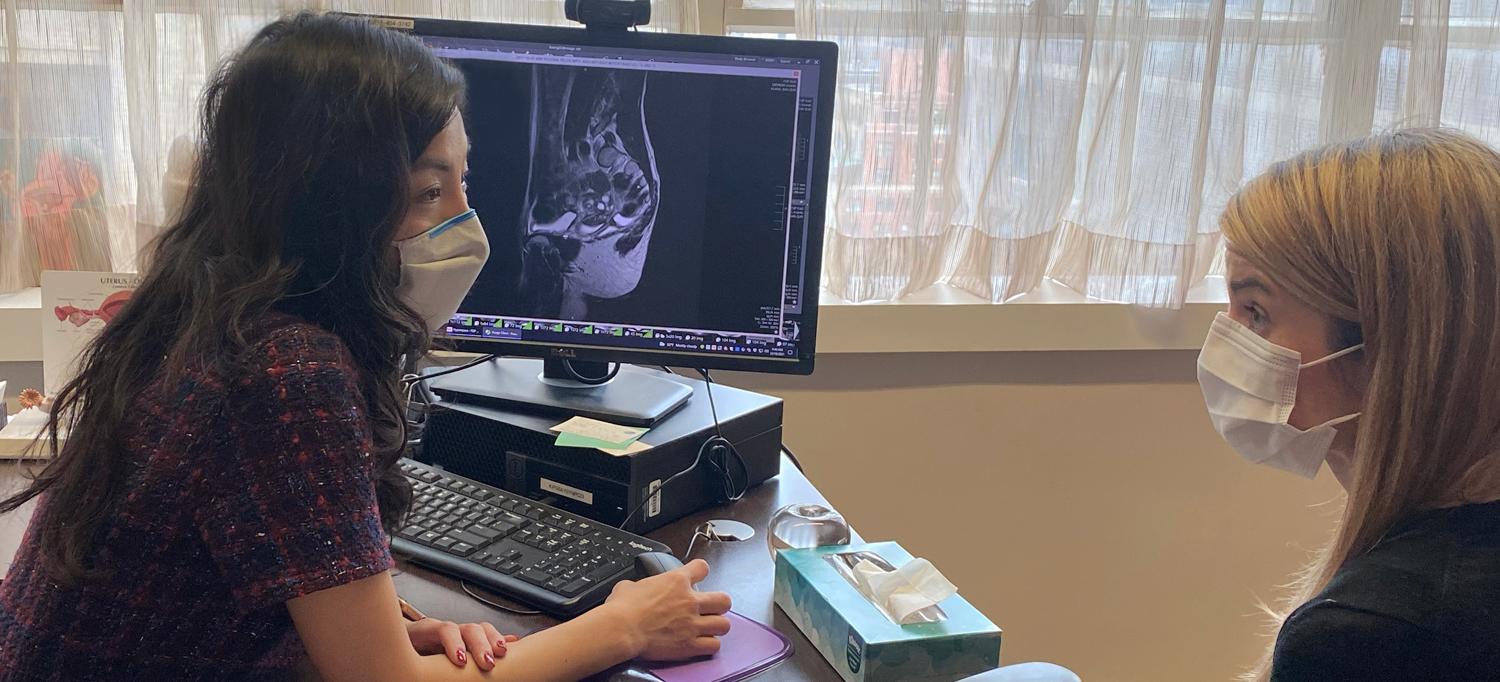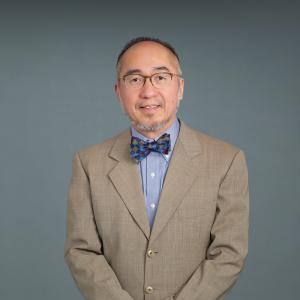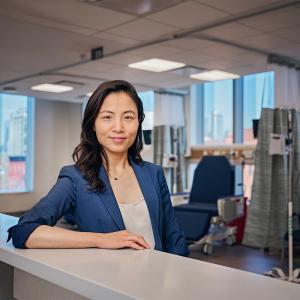
Sarah Digby discusses living with endometriosis and the life-changing treatment she received from Dr. Kathy Huang and the team at NYU Langone’s Endometriosis Center.
Photo: NYU Langone Staff
Endometriosis is an often-painful chronic condition in which tissue that normally lines the inside uterus grows in other places of the body, such as on the ovaries or the fallopian tubes. It is one of the most common reproductive health concerns in the United States and one of the leading causes of infertility.
A lack of awareness by both patients and healthcare providers results in a significant delay from the time when a patient first experiences symptoms until they eventually receive a diagnosis and treatment. Sarah Digby experienced symptoms for more than 15 years before she received a diagnosis of endometriosis after moving to New York City at the age of 27. “Growing up, I would have to miss school because of the pain,” recalls Sarah.
“The normalization of painful symptoms is a huge issue. There is still a very low recognition of endometriosis at the general practitioner level,” says Kathy Huang, MD, director of NYU Langone’s Endometriosis Center and clinical associate professor in the Department of Obstetrics and Gynecology. “Those with painful symptoms should see a gynecologist who is a specialist in the treatment of endometriosis or who knows to refer to someone who is.”
The gold standard for diagnosis of endometriosis is currently a diagnostic laparoscopy, but Dr. Huang and other leading experts are trying to change that. Dr. Huang and her team use the latest imaging technology and nonsurgical diagnostic testing to develop treatment plans. Using MRI scans and focused transvaginal ultrasound imaging, the team can diagnose endometriosis and determine whether it has spread beyond the uterus to other areas of the pelvis.
Through robotic excision surgery, Dr. Huang successfully removed more than a decade’s worth of endometrial lesions and took Sarah to stage 0, with no lesions visible, all while perfectly preserving her pelvic organs, which had become densely adhered.
“She was incredibly validating throughout the entire process—a much-needed antidote to the years of medical invalidation I’d experienced with so many other doctors in the past,” says Sarah. “Thanks to Dr. Huang, I have an excellent prognosis, should not need surgery again, and have newfound hope for my general quality of life.”
Watch the segment on Reuters.

